Data-Driven Optimization of Energy Consumption in the Steel Industry using Python and SQL
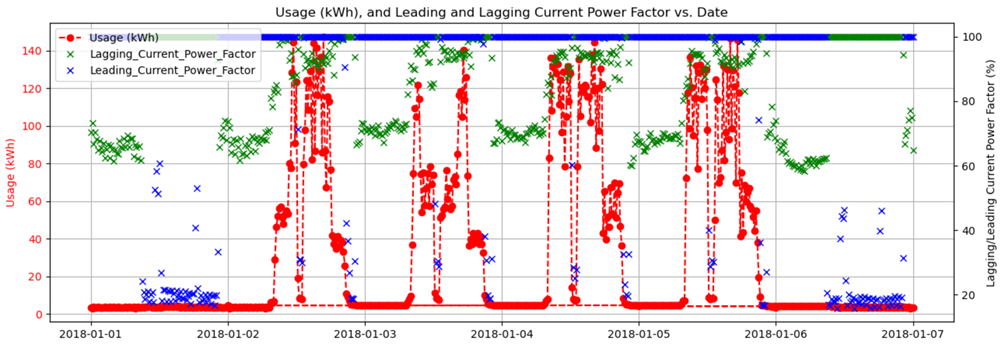
I applied data analysis techniques to optimise energy consumption in a steel factory.
The primary focus was on identifying patterns and outliers to gain insights into the factors driving energy usage,
particularly investigating the relationship between lagging current, leading current, and energy consumption.
Based on the analysis outcomes, I provided data-driven recommendations to support decision-making for operational improvements.
Additionally, I used SQL to design a database that captures various factors influencing energy consumption,
enabling more efficient data management and further analysis.
Time-Series Data Processing for Temperature Sensor Analysis
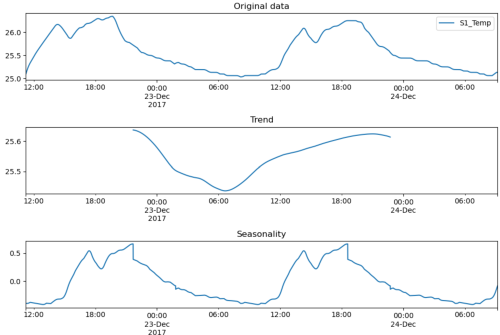
I applied a range of feature engineering techniques and data preprocessing steps to prepare
temperature sensor data for time-series analysis and predictive modeling. Key tasks included
handling missing data, noise smoothing, seasonal decomposition, stationarity testing, and
autocorrelation analysis. These steps enhanced the data quality, laying a solid
foundation for building accurate time-series forecasting models.
Machine Learning Modeling to Predict Critical Temperatures in Superconductors
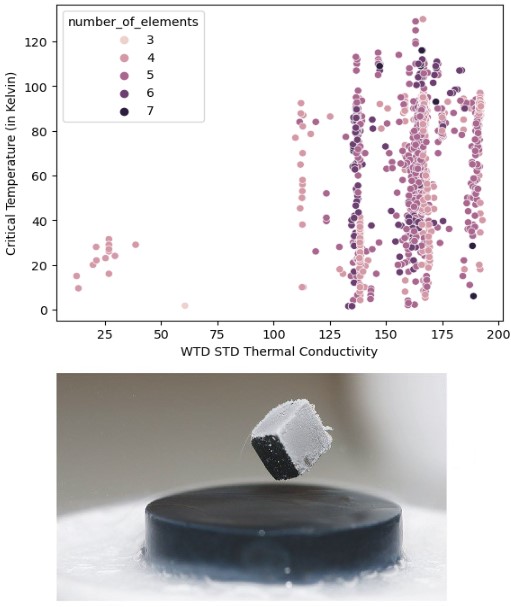
Superconductivity is a phenomenon observed in certain materials at extremely low temperatures where electrical resistance drops to zero.
Accurate predictions of the critical temperature facilitate the discovery of new materials for real-world applications.
This project aims to use Random Forest to develop a machine learning model for predicting critical temperatures in superconductors (a Kaggle source).
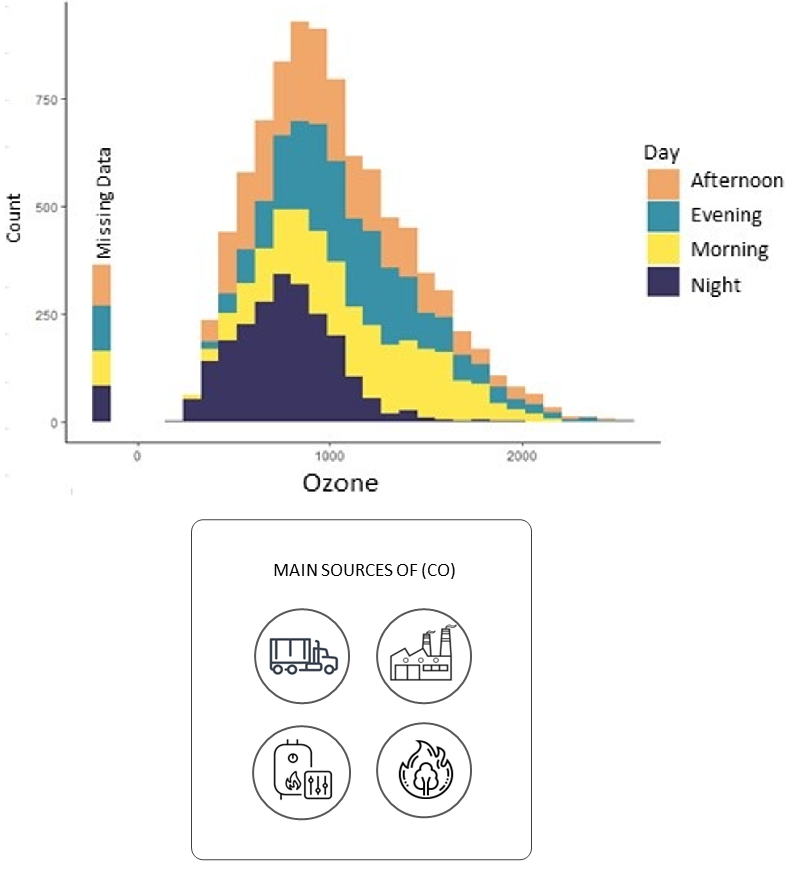
Exploration of pollutant gases and their impact on ground-level ozone through data analysis and the implementation of machine learning models.
Matlab Modeling of Optical Transmittance for Thermal Imaging Applications
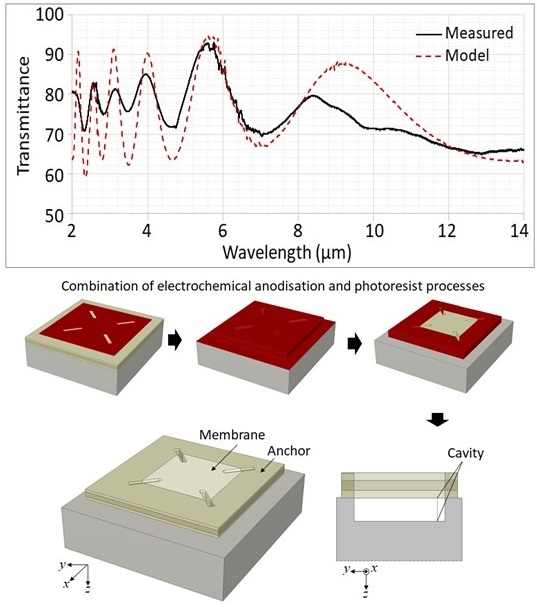
Building models via Matlab to understanding the performance of porous silicon in thermal imaging applications and contributed to the development of innovative thermal imaging materials (PhD project).
Data-Driven Insights into Ceramic Materials: An Analysis of Microwave Effects
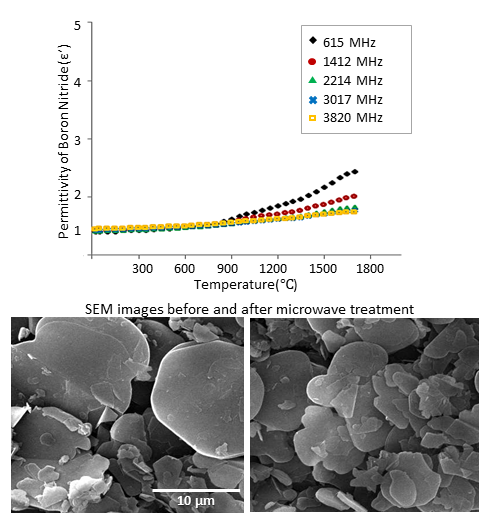
Data analysis and visualisation to characterise ceramic materials and investigate the impact of microwaves on their electrical properties (Master’s project).





